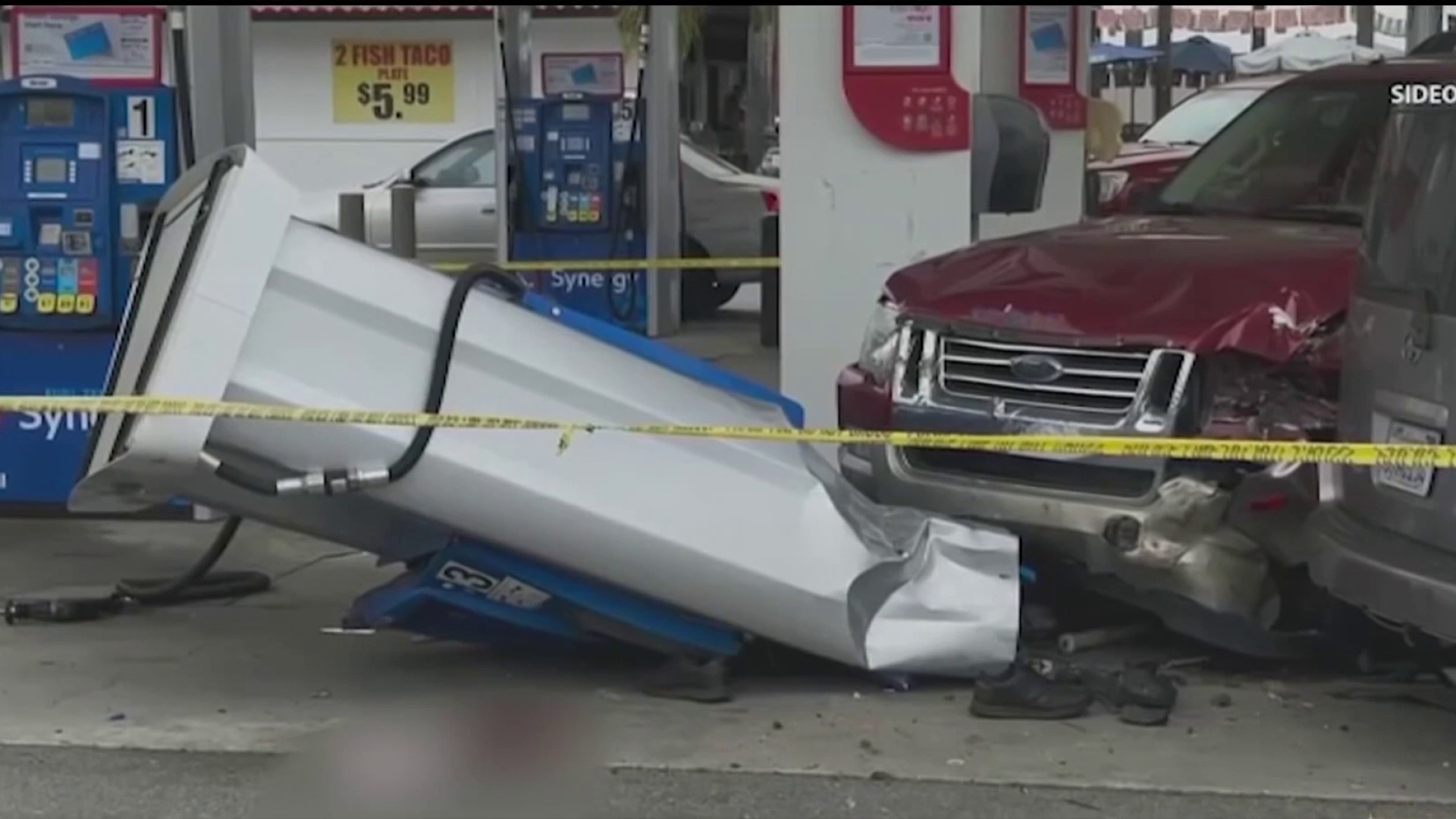Prison and jail doors throughout California are swinging open early for 'low level' convicts who eventually will number in the thousands.
A new law aimed at reducing costs and overcrowding is behind the move.
However, there's widespread concerns about repeat offenders returning behind bars on a faster cycle and the prospect of overwhelming social services and transitional programs, but law enforcement officials are pointing out that the inmates involved aren't sex offenders or those who committed serious and violent crimes.
"Instead of getting one-third custody [good-behavior] credits, they're getting 50 percent," said Deputy District Attorney Lisa Rodriguez in an interview Thursday. "So on a 180-day sentence, it would be 90 days of actual time and 90 days of the ''good time' credits."
On Monday, the first day the new law took effect, there was a backlog of low-level jail inmates whose sentences had been retroactively calculated.
Early published reports put the number of inmates released from the county's seven lockups at 260. Cmdr. John Ingrassia, who oversees the jails supervised by the sheriff's department, though, later said the actual number was closer to 400 -- about 10 percent of the system's population. He emphasized that Tuesday's scheduled number of releases was about the same as it has been on a daily basis lately -- between 25 and 30.
"With the added bed space that we have," Ingrassia noted, "we're looking at changing our staffing criteria to bring in some misdemeanor offenders and warrants that we haven't taken for years. so we're not looking to keep those beds empty."
Local
At the state level, the Department of Corrections & Rehabilitation has began to discharge the first of some 6,500 nonviolent prison inmates who will get early releases by year's end.
Rehabilitation experts argue that too little thought and money has been given to transitioning the released inmates to society.
"I'm real concerned about when the state parolees get out of the state system and they start coming here by the hundreds," said Scott Silvernman, whose Second Chance programs have helped 24,000 prison inmates transition to life on the outside.
"[With] no ID, no source of income, no place to live, what are they going to do?" Silverman wondered. "They going to do what they always have done."
Meanwhile, Gov. Arnold Schwarzenegger is weighing an outsourcing concept: Sending the 20,000 prison inmates who are illegal immigrants to state-funded prisons in Mexico. On Monday, he told reporters in Sacramento that lower construction and operational costs in Mexico could save California $1 billion a year.



